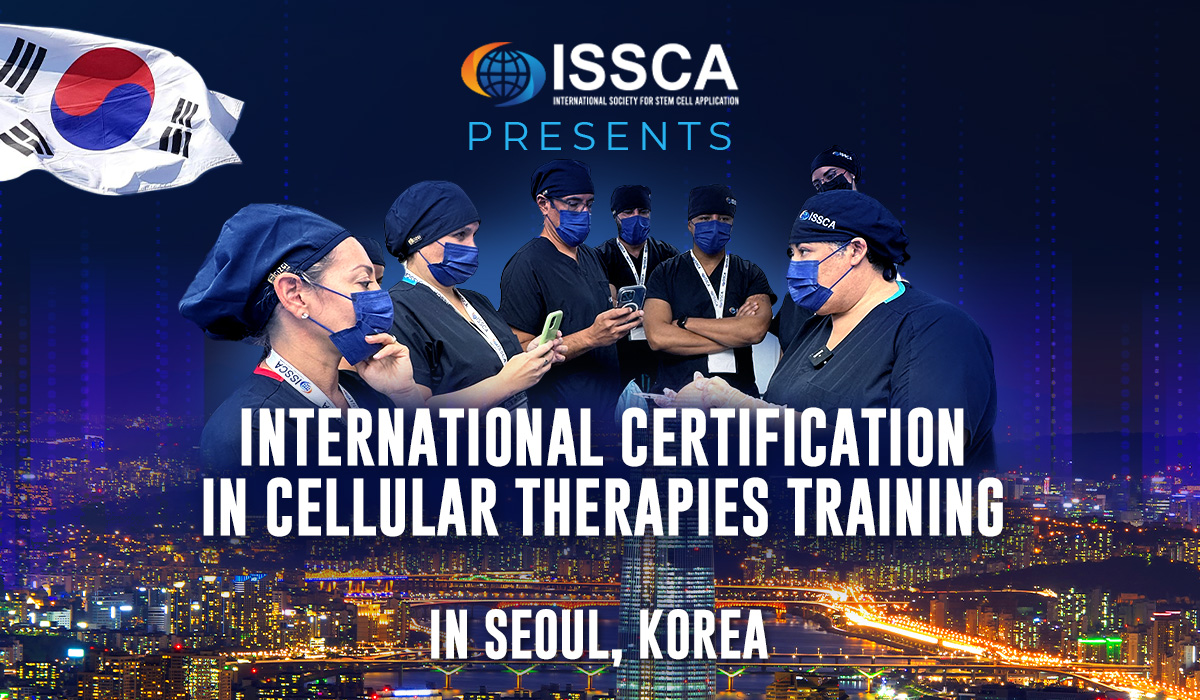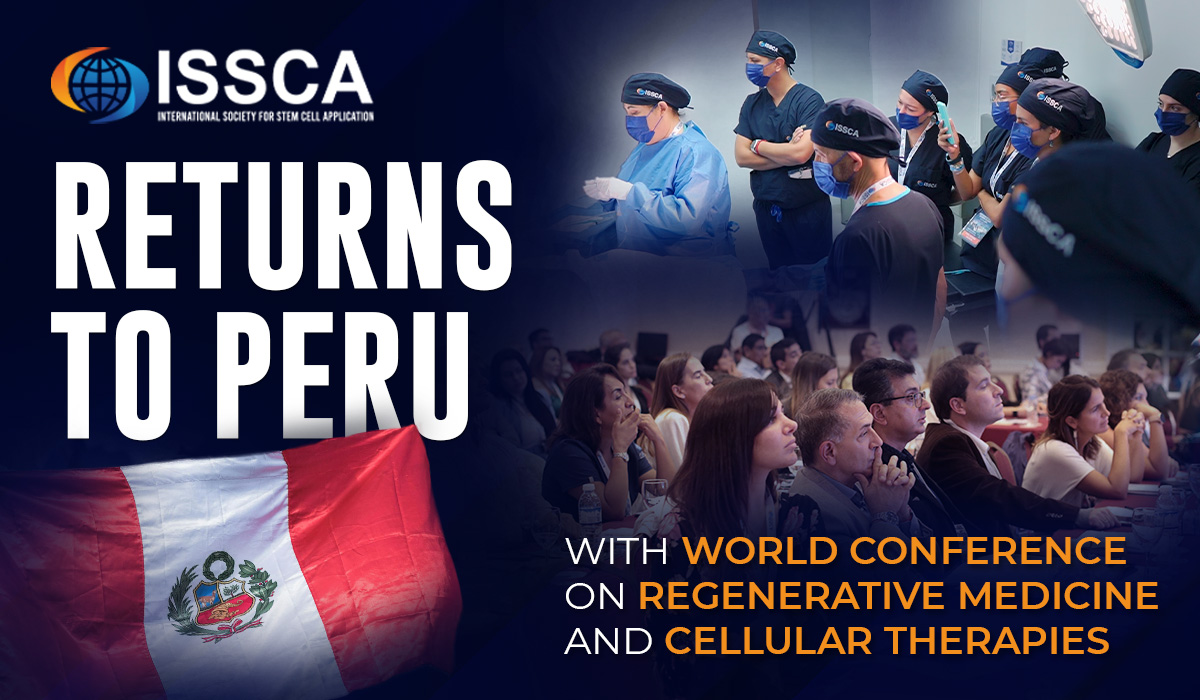Understanding the Role of Sleep in Stem Cell Health
Research reveals that adequate sleep not only rejuvenates the body but also safeguards adult hematopoietic stem cells from premature aging and DNA damage, contributing to overall health and longevity.
Impact of Sleep on Stem Cell Dormancy
German Cancer Research Center scientists have highlighted that adult stem cells remain dormant under normal conditions, protecting them from DNA damage. Sleep plays a crucial role in maintaining this dormancy, thereby preserving stem cell integrity and preventing premature aging [1].
Stress and Stem Cell Activity
Increased stress levels, whether from chronic infections or environmental factors, prompt stem cells to rapidly divide and activate. This heightened activity increases metabolic rates and DNA synthesis, elevating the risk of DNA damage and accelerating tissue aging [1, 3].
Link Between Stem Cells, Sleep, and Cancer Risk
Stress-induced damage in stem cells can lead to the accumulation of reactive metabolites that damage DNA, potentially increasing susceptibility to cancer. Understanding these mechanisms could aid in developing strategies to mitigate aging and cancer risks [1].
Circadian Rhythms and Skin Stem Cells
Studies from the University of California Irvine underscore the role of circadian rhythms in regulating skin stem cell metabolism. Adequate sleep supports healthy cell division and differentiation, crucial for maintaining skin health and repair processes [2].
Potential Implications for Human Health
While studies often begin with animal models like mice, the findings emphasize the importance of sleep in regulating stem cell function. Disruptions to circadian rhythms may compromise stem cell metabolism, leading to accelerated aging and potential health implications [2].
Conclusion
Research into the connection between sleep, stem cell health, and aging underscores the importance of maintaining healthy sleep patterns. These insights may pave the way for novel interventions aimed at preserving stem cell function and promoting overall health.
References:
[1] http://www.sciencedaily.com/releases/2015/02/150218122951.htm
[2] http://www.cell.com/cell-reports/abstract/S2211-1247%2814%2901018-3
[3] http://en.wikipedia.org/wiki/DNA_damage_theory_of_aging




